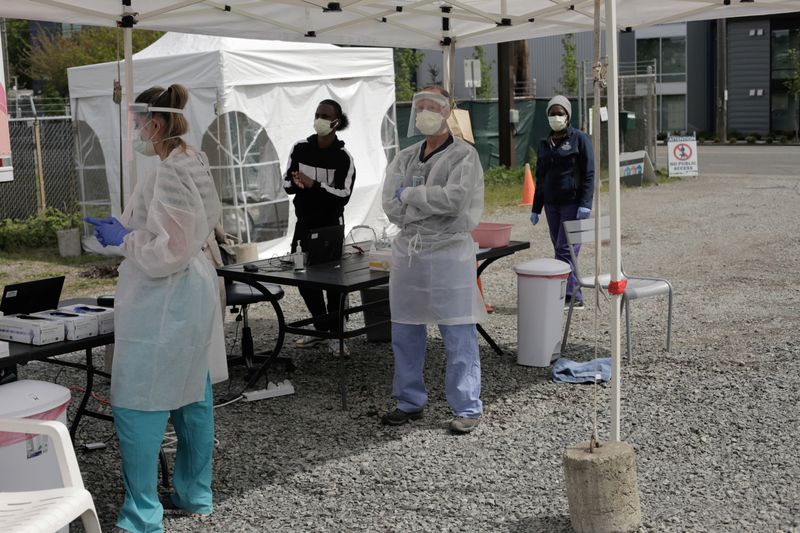(Reuters) – Long before COVID-19 became a global pandemic that overwhelmed hospitals around the world, ethicists have contemplated the moral dilemma of who should be first in line when medical resources are strained.
They created frameworks for apportioning treatment in a variety of situations, from large-scale disasters to organ transplants, so that doctors and hospitals did not have to make fraught decisions on the fly.
A paper in the New England Journal of Medicine in March outlined four ethical values to guide decision-making when rationing care: maximizing the benefits of treatment, treating people equally, promoting those who are likely to help others, and giving priority to the worst off.
Open https://tmsnrt.rs/3f1PpQX in an external browser to see a Reuters interactive on different approaches to prioritizing care, each with their own benefits and flaws.
(Reporting by Feilding Cage, editing by Sarah Slobin)

















